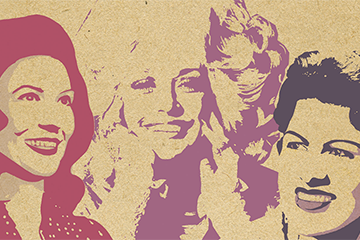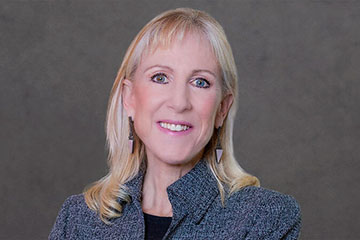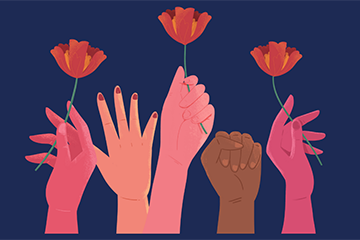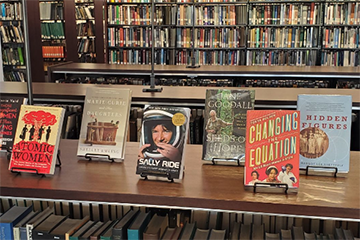Celebrating Women's History Month 2024
Pepperdine invites you to explore a range of events, speakers, and activities in celebration
of Women's History Month.
Past Events and Activities

Trailblazing Women of Country: A Tribute to Patsy, Loretta, and Dolly | Musical Performance
Sponsored by Pepperdine Center for the Arts

International Women's Day | Craft a Gram Pop-Up
Sponsored by Pepperdine Panhellenic & Intercultural Affairs

Ignite Your Next Career Move | Center for Women in Leadership Webinar
Sponsored by the Graziadio Business School

Women's Leadership Awards | Keynote: Deborah Crown, Dean, Graziadio Business School
Awardees: Bridget Thompson, Seaver College Student and Ani Dermenjian, Pepperdine Crest Advisory Board Member | Sponsored by Malibu Pacific Palisades Chamber of Commerce

Women Mean Business | Center for Women in Leadership Webinar
Sponsored by the Graziadio Business School

Inspiring Inclusivity | Virtual Speaker Series
Recordings Unavailable
Sponsored by the Graduate School of Education & Psychology
For a calendar of all University-wide happenings, visit the Pepperdine University
Events website.

